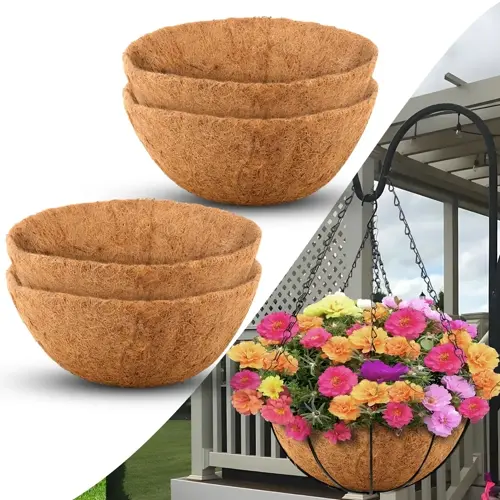Can heirloom seeds be certified organic?

Written by
Benjamin Miller
Reviewed by
Prof. Martin Thorne, Ph.D.Grasping distinctions between heirloom seeds and organic certification helps rectify misconceptions about gardening. While organic certification documents a grower's practices of not using chemicals to grow food products, heirloom status refers to a grower's commitment to preserving natural genetic materials. For example, my Cherokee Trail beans have been grown without pesticides and therefore meet the organic certification requirements; however, the same beans grown more conventionally would not. This distinction is important for growers who wish to label their food products as organic, and for those who hold views about how food can not only be grown, but also preserved for the future of natural genetic materials.
Organic Certification
- Requires 3-year transition period without synthetic chemicals
- Mandates soil testing for pesticide residues
- Annual inspection fees starting at $500
- Focuses on production methods not seed genetics
Heirloom Status
- Requires 50+ year documented lineage
- Mandates open-pollination reproduction
- Preserves historical genetics unchanged
- Independent of growing methods used
Overlap Possibilities
- Heirlooms grown organically can earn certification
- Modern hybrids can also receive organic status
- Seed saving rights remain protected either way
Obtaining organic certification requires precise recordkeeping, regardless of what type of seeds may have been planted. Farmers must show records for the last three years of no synthetic inputs registered. I have successfully sustained this process for my tomato patch, which required not only costs for soil testing but also licensure and inspection fees. The certification only applies to the cycle of crops at the time of inspection, and not to the seeds saved from those crops for use in a subsequent season.
Heirloom genetics are unaffected by certification status. My Moon and Stars watermelon retains its genetics regardless of whether it is grown organically or not. This stability allows one to store seeds from either method. Modern hybrids lack this stability, even with organic certification.
Practical gardening effectively delineates the distinction between the ideas. It is possible to devote your gardening to conserving heirloom varieties while relying on open pollination. I have practised organic gardening practices such as composting and companion planting. This combination enables you to have both genetic diversity and chemical-free produce, without the bureaucratic restrictions.
Whenever possible, begin with certified organic heirloom-type seeds; check with suppliers like Seeds of Change for verification. This will allow you to remain fully organic throughout the growing season. Creating a garden with true produce that respects its genetic heritage while fostering a commitment to stewardship of our shared environment.
Read the full article: Heirloom Seeds Definition: Core Insights

